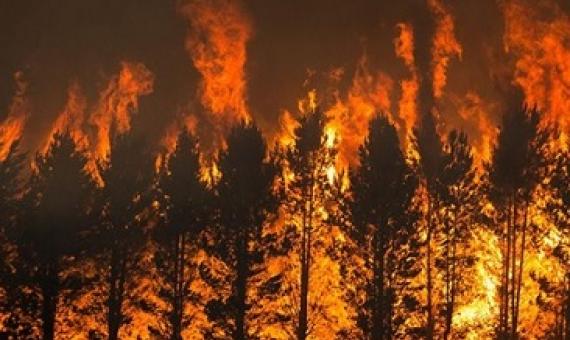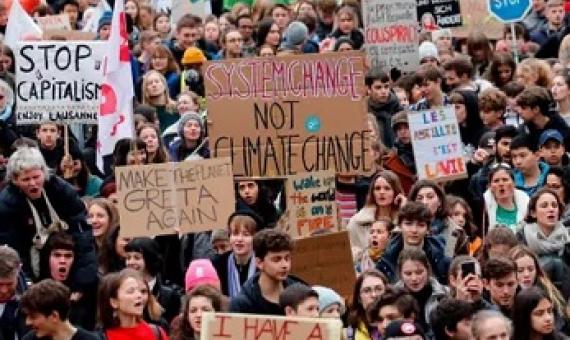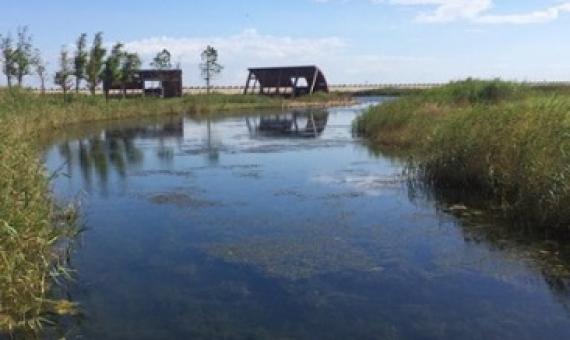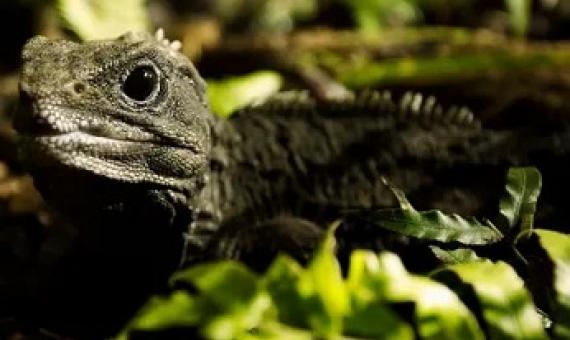Researchers have started an attribution study to determine how much global warming is to blame for the blazes that have ravaged the continent...The work is being led by researchers in Europe who have conducted multiple rapid analyses of global warming’s role in extreme events.
Ireland’s Strategy for Partnership with Small Island Developing States (SIDS) makes the commitment to establish an annual number of awards to SIDS professionals for postgraduate study in Irish higher education institutions in courses relevant to addressing climate change and its associated challe
World leaders and business chiefs meeting in Davos this week will be confronted for the first time with an agenda on which the climate and ecological crises take top billing.
British naturalist Sir David Attenborough says the "moment of crisis" has come in the fight against climate change, warning that governments' targets for decades in the future were not enough to save the planet. Noting the destruction being caused by Australia's current wave of bushfire
A restored and carefully managed wetland on the Chinese coast is a much larger carbon sink than a natural marsh nearby. Since 1970, 35% of global wetland habitat has disappeared, largely owing to human activity.
s world leaders debate how to curb emissions to shape a better tomorrow, for New Zealand’s iconic wildlife the reality is clear – the environment they once thrived in has rapidly changed and species must adapt to survive.
We live on a changing planet. Unnaturally rapid global warming is altering everything, including lands and waters. Evidence shows we've already emitted enough greenhouse gases to alter the structure of ecosystems and interactions within them.
World leaders are currently updating the laws for international waters that apply to most of the world’s ocean environment. This provides a unique opportunity, marine scientists argue this week, to introduce new techniques that allow protected zones to shift as species move under climate change.
Climate change threatens New Guinea’s biocultural heritage
New Guinea is the most biologically and linguistically diverse tropical island on Earth, yet the potential impacts of climate change on its biocultural heritage remain unknown. Analyzing 2353 endemic plant species distributions, we find that 63% of species are expected to have smaller geographic ranges by 2070. As a result, ecoregions may have an average of −70 ± 40 fewer species by 2070.
The commonness of rarity: Global and future distribution of rarity across land plants
A key feature of life’s diversity is that some species are common but many more are rare. Nonetheless, at global scales, we do not know what fraction of biodiversity consists of rare species. Here, we present the largest compilation of global plant diversity to quantify the fraction of Earth’s plant biodiversity that are rare. A large fraction, ~36.5% of Earth’s ~435,000 plant species, are exceedingly rare. Sampling biases and prominent models, such as neutral theory and the k-niche model, cannot account for the observed prevalence of rarity.














